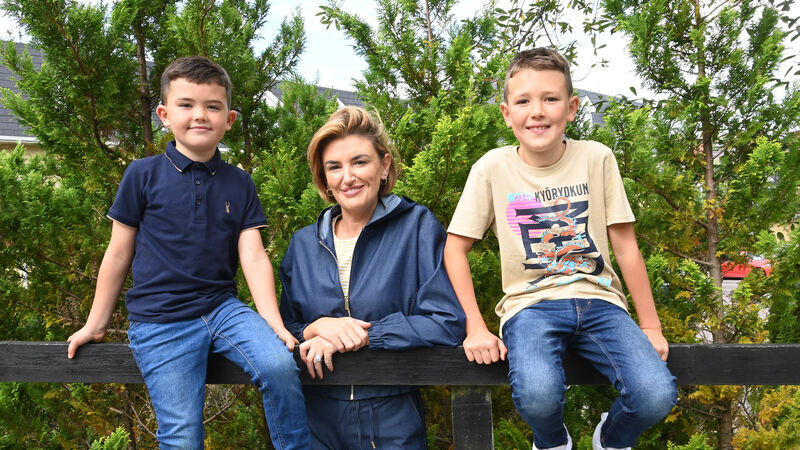Understanding gut health in children with tummy troubles

Vivienne McCarthy with boys Joey (left) and Sebastian (right). Picture: Larry Cummins
Try from €1.50 / week
SUBSCRIBENEW research shows one in five children experience stomach pain, disrupted sleep and anxiety linked to gut issues.
The study, conducted by PrecisionBiotics, found constipation the most common symptom at 24%, followed by diarrhoea (21%) and bloating (20%). The research also found a strong family link — one in six parents with gut problems have children experiencing similar issues.
Already a subscriber? Sign in
You have reached your article limit.
Annual €130 €80
Best value
Monthly €12€6 / month
Introductory offers for new customers. Annual billed once for first year. Renews at €130. Monthly initial discount (first 3 months) billed monthly, then €12 a month. Ts&Cs apply.
CONNECT WITH US TODAY
Be the first to know the latest news and updates
Newsletter
The best food, health, entertainment and lifestyle content from the Irish Examiner, direct to your inbox.
© Examiner Echo Group Limited